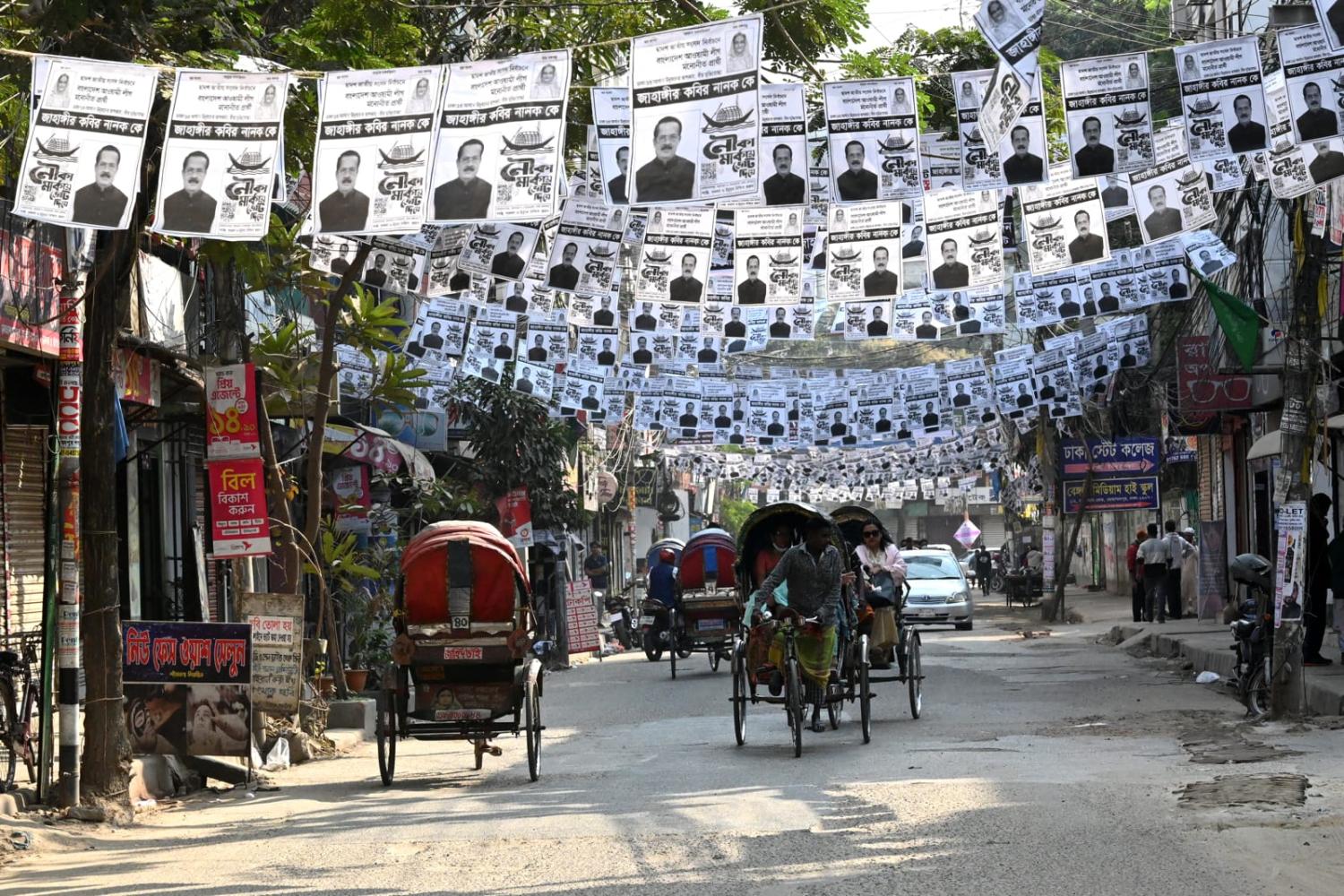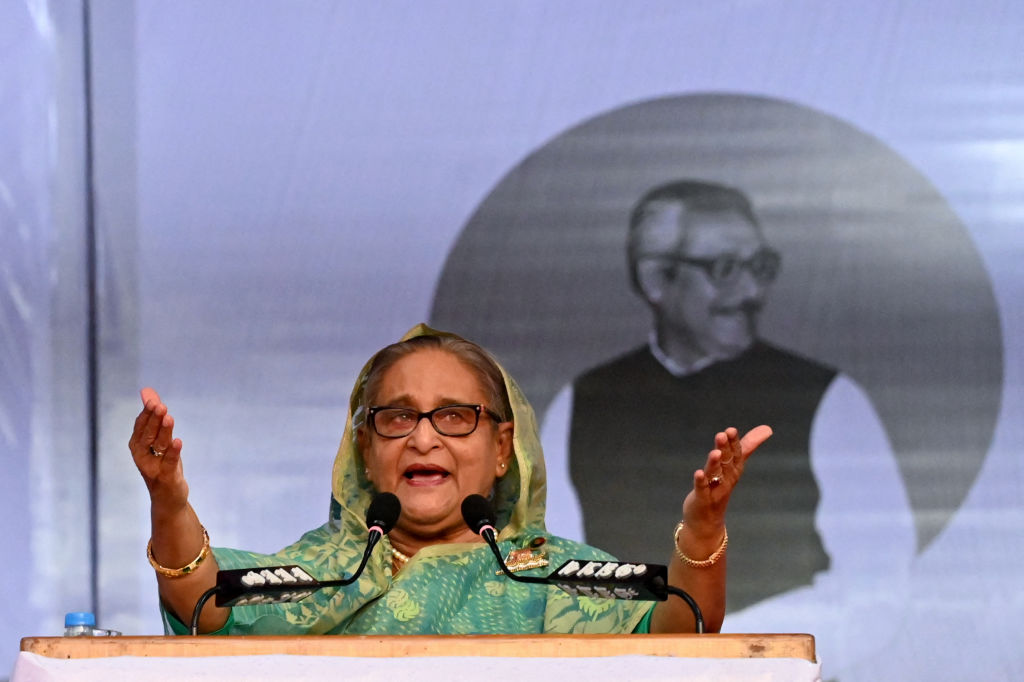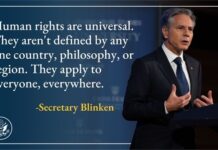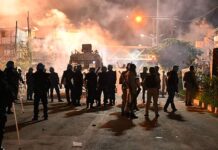
With elections in established democracies India, the United States, Indonesia and Britain, among others, 2024 will likely see the largest exercise in voting in history. Some will be hard fought. Elsewhere, the outcome appears clear. Regardless, elections are typically seen as a stabilising force, allowing the public to make a choice and debate issues.
Provided they are free, that is – and there is one election coming up that will be very different.
Bangladeshis are scheduled to vote on 7 January to choose 300 MPs and therefore their next prime minister. The outcome is not in doubt: a resounding victory for Sheikh Hasina, in power since 2009. Bangladesh’s elections have become a Potemkin exercise where hardly anyone shows up to vote. The opposition is set to again boycott the poll. Violence has already marred the campaign, with another four people killed this week. And the election could well be followed by more instability, not less.
Bangladesh is a unitary state with a unicameral legislature and a political culture that concentrates all executive power into the office, if not the persona, of the prime minister. This meant that the elections were high stakes, bitterly contested, winner-takes-all affairs. The incumbent has strong temptations to use the state machinery to sway the results.

In a bid to prevent abuses of power, a caretaker system had been devised whereby a non-partisan, technocratic administration would conduct the election. Four elections were held between 1991 and 2008 under the caretaker system. Two major parties – the Bangladesh Nationalist Party (BNP) and the Awami League – alternated into power.
Awami League, however, won a thumping majority in 2008 and used it to abolish the caretaker system in 2011. BNP cried foul and boycotted the January 2014 elections where 153 of 300 MPs were returned unopposed for the government. With assurances of a level playing field, BNP joined the December 2018 election. However, with ballot boxes stuffed the previous night and orchestrated violence by Awami League activists around the country, voting was effectively over by the polling day morning.
Against that background, and given the fact that its entire leadership and thousands of its activists are either jailed on trumped-up charges or exiled, BNP is not participating on 7 January, making the result clear – another term for Hasina in another election without voters.
Hasina is determined to push ahead with the polls like the last two times, expecting that the veneer of electoral respectability will allow Bangladesh’s political establishment – the civil‑military bureaucrats who run the state machinery and the business elite who benefit from political stability – to accept the status quo as the fait accompli.
Could this time, however, be different?
One major factor is the economy. Electoral democracy in Bangladesh was accompanied by an economic take-off from the early 1990s on the back of a booming garments industry and steady flow of remittances. These economic forces were boosted by infrastructure megaprojects under Hasina. One reason why the flawed elections of 2014 and 2018 were shrugged off by the public might be because for most Bangladeshis, living standards had never been better.
These economic good times might be coming to an end. Inequality was rising in the country even before the Covid-19 pandemic, while banking and energy sectors were rife with corruption scandals. Since then, inflation has seen the purchasing power of the working poor eroded to levels seen a decade ago. Cost-of-living pressures have seen BNP rallies swell, and labour unrest with demands for higher pay has engulfed the country’s garments sector, notwithstanding violent police measures.
Protests are not new to Bangladesh – the country is famed for strikes known locally as “hartals” that can shut down cities. But with the threat of unrest reaching boiling point before 7 January, talk of postponing the election has so far been dismissed.
The economic woes look set to continue. In the past 18 months, the central bank sold more than half of its foreign reserves and still couldn’t stop a significant currency depreciation. Notwithstanding a nearly US$5 billion program with the International Monetary Fund and other financing, the country is expected to run current account deficits into the late 2020s. External imbalances, a wobbly banking sector, and authoritarian politics make for a volatile scenario.
Further adding to the risks of instability is Hasina’s age – at 76, there is no succession mechanism or heir apparent in her party.
Bangladesh is a country of 170 million people with a US$450 billion economy. The country has for too long been overlooked internationally, but the risk of instability has regional implications. This helps explain why the Biden administration in the United States has steadily called for a free and fair, participatory election in Bangladesh. That appears to be wishful thinking.









